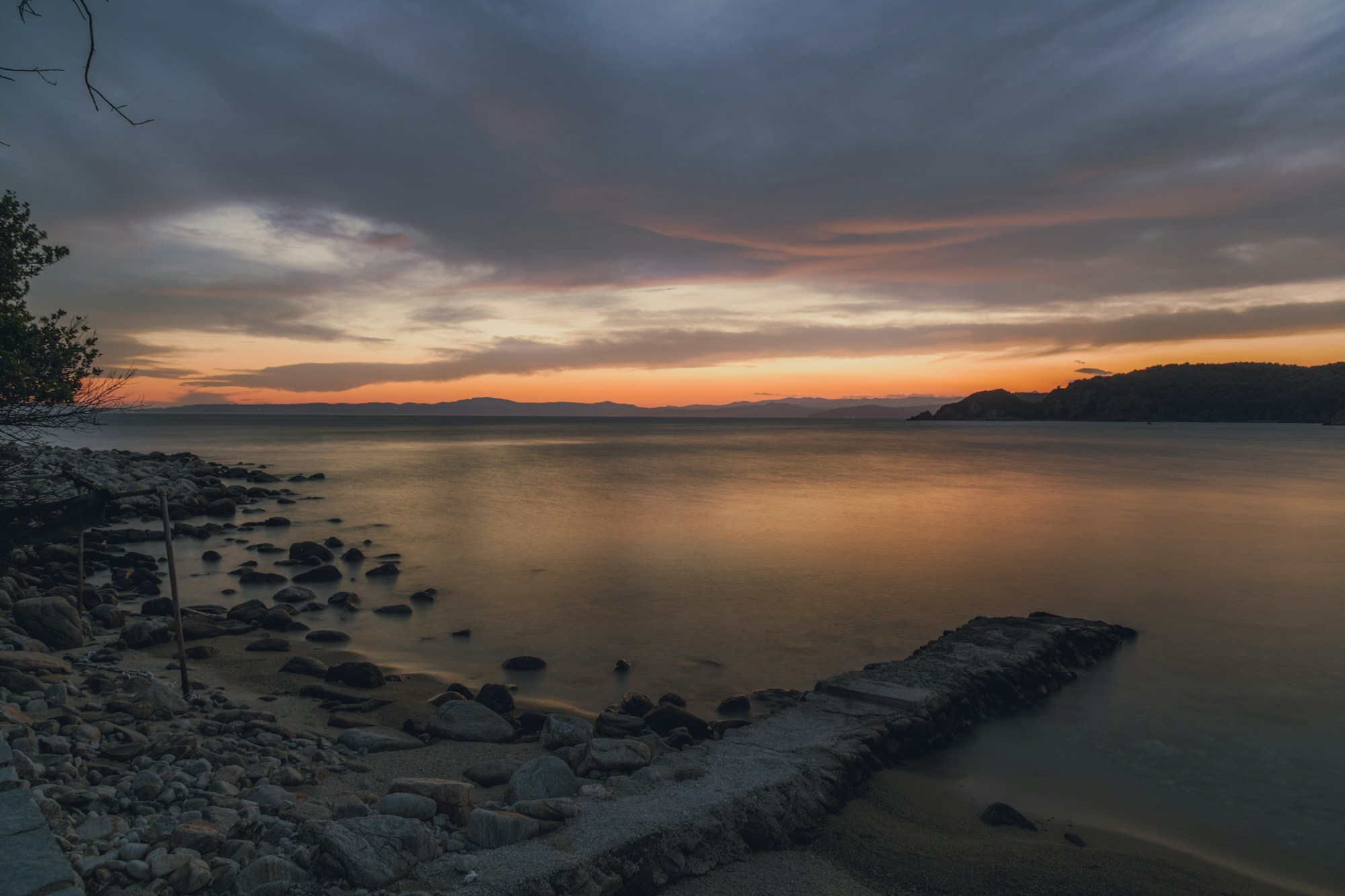Exploring Ammouliani: History, Customs, and Festivals
Discover Ammouliani: Uncover its rich history, vibrant customs, and lively festivals. A unique island experience awaits!

Exploring Ammouliani: History, Customs, and Festivals
Introduction
Nestled in the sapphire waters of the Aegean Sea, Ammouliani is a quaint island that combines serene beaches, rich history, and vibrant traditions. Located in the Halkidiki region of Greece, it is renowned for its picturesque landscapes and warm hospitality. This travel guide delves into the deep history, unique customs, and lively festivals that make Ammouliani a must-visit destination.
Historical Context
Ammouliani’s history dates back to ancient times, with the island being a habitat for various civilizations. The name "Ammouliani" translates to "small sand" in Greek, indicative of its beautiful sandy shores. Throughout history, it has been influenced by Byzantine and Ottoman rule, leaving behind a rich tapestry of cultural and architectural heritage.
During the Byzantine era, the island served as a monastic community. Monks from the nearby Mount Athos established hermitages, using the island as a place of solitude and reflection. The remnants of these monastic settlements can still be found, giving visitors a glimpse into the spiritual history of the island.
The 20th century brought significant changes to Ammouliani. After the population exchange between Greece and Turkey in 1923, many Greek refugees from Asia Minor settled on the island. They brought with them distinct customs, traditions, and culinary practices that continue to influence Ammouliani's cultural fabric.
Cultural Practices
The island's unique mix of influences is reflected in various cultural practices that are still alive today. The residents of Ammouliani are deeply rooted in their traditions, and their way of life is a harmonious blend of past and present. Some key cultural practices include:
- Fishing: As a historic fishing village, fishing continues to play a crucial role in the island's economy and culture. Fishermen can be seen setting out at dawn and returning with fresh fish, a daily ritual that has persisted for generations.
- Handicrafts: Traditional crafts, such as weaving and pottery, are still practiced on the island. Local artisans create beautiful pieces that make for unique souvenirs and provide insight into the island’s artistic heritage.
- Religious Practices: The island’s churches and chapels, many of which date back to the Byzantine era, are central to community life. Religious festivals and events are deeply rooted in the island's calendar, reflecting the residents' strong faith and devotion.
Festivals
Ammouliani is known for its vibrant festivals, which are a blend of religious observances and local customs. These events offer visitors a chance to immerse themselves in the island's lively culture and community spirit.
Easter Celebrations
Easter is one of the most significant events on Ammouliani. The island comes alive with various activities, starting with the solemn Good Friday processions and culminating in the joyful Resurrection Service. On Easter Sunday, the residents gather for lavish feasts featuring traditional dishes like lamb and "magiritsa" (a soup made of lamb offal). The celebration is marked by dancing, singing, and a strong sense of community.
Saint George’s Day
Saint George’s Day, celebrated on April 23, is another important festival on the island. The local church dedicated to Saint George becomes the focal point of festivities. The day is filled with religious services, followed by a communal feast. The highlight is a traditional dance where participants, dressed in vibrant costumes, perform to the tunes of folk music.
The Ammouliani Festival
Held during the summer months, the Ammouliani Festival showcases the island's cultural heritage with a series of events including music concerts, dance performances, and art exhibitions. It is a celebration of local talent and tradition, attracting both locals and tourists. Workshops on traditional crafts and cuisine provide an interactive experience for visitors.
Local Anecdotes and Interesting Facts
Ammouliani is rich with local anecdotes and interesting facts that add to its charm. Here are a few:
- The Legend of the Mermaid: Local folklore tells of a mermaid that lives in the waters around Ammouliani. According to the legend, she was once a beautiful woman cursed by the gods. Fishermen often leave offerings by the shore to appease her.
- Secret Caves: The island is dotted with hidden caves that were once used by monks for meditation and solitude. These caves are now considered sacred and are a popular spot for adventurous explorers.
- Unique Flora and Fauna: Ammouliani is home to a diverse range of flora and fauna. The island’s unique microclimate supports rare plant species, some of which are endemic to the region. Birdwatchers can also enjoy spotting various migratory birds that stopover on the island.
Conclusion
Whether you are a history buff, a nature lover, or someone seeking a peaceful retreat, Ammouliani offers a unique experience. Its rich history, vibrant customs, and lively festivals provide an immersive cultural journey. With its breathtaking landscapes and warm hospitality, Ammouliani beckons travelers to explore its hidden gems and timeless traditions.
